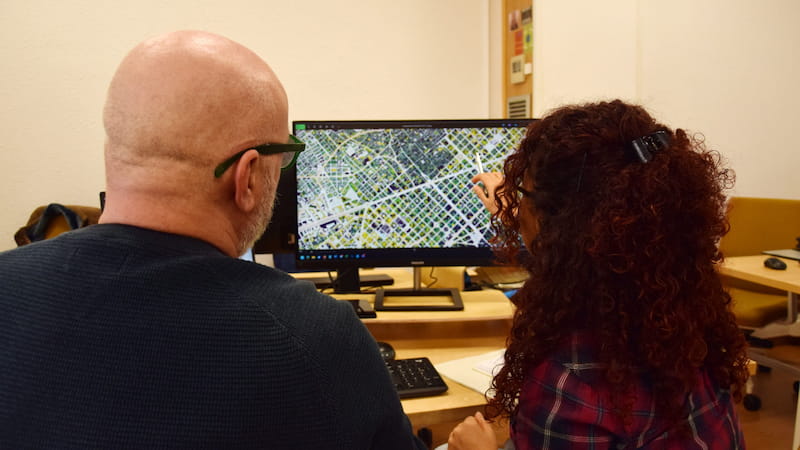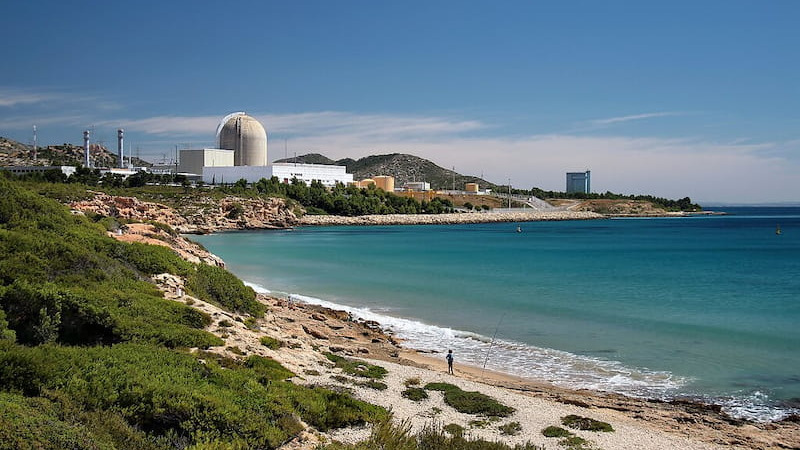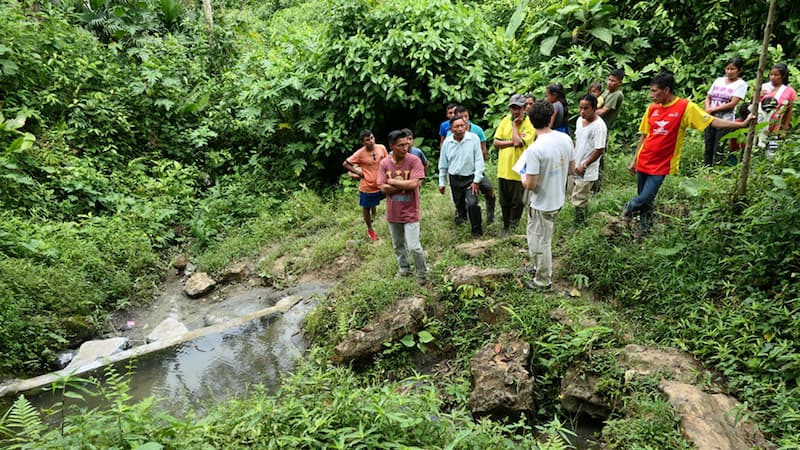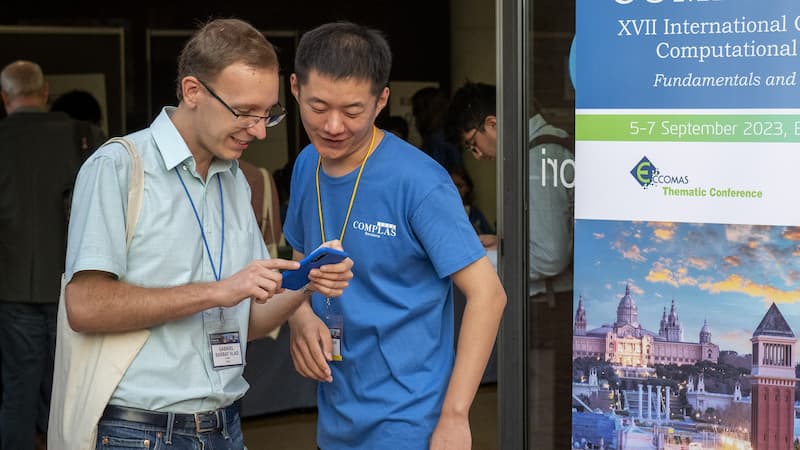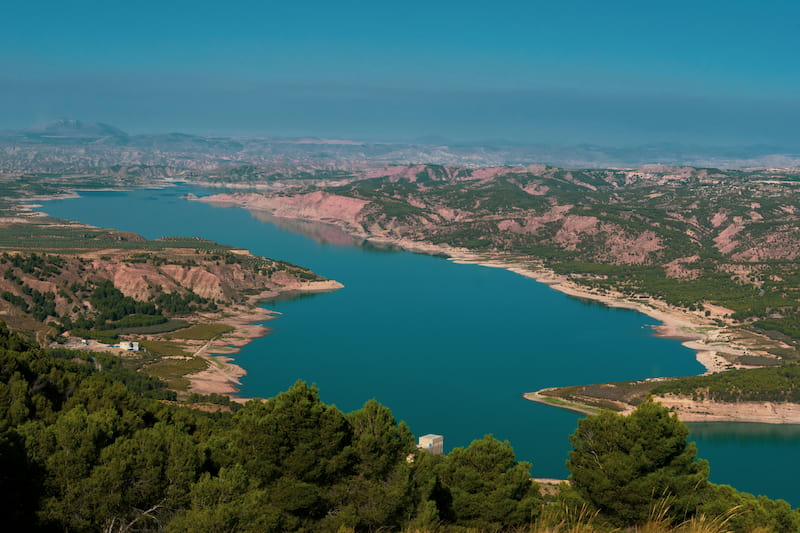LAIF is an acronym that stands for “A new concept based on computer vision techniques to save lives in drowning risk situations”. This project is an innovative initiative aimed at saving lives in drowning risk situations using computer vision techniques.
The project commenced on July 2022 and is expected to conclude by May 2025. It is coordinated by PRO-ACTIVA and involves several consortium members, including CIMNE.
The project falls under the Program “Nuclis d'Innovacio Tecnologica” and is part of the “Nuclis d'R+D empresarial (2022)” call. It is funded by the Government of Catalonia (ACCIÓ) with a grant of €99,957.76.
LAIF is a predictive aquatic surveillance system that operates using computer vision technology to analyze different patterns of behavior of individuals in an aquatic environment. It must be capable of detecting behavior consistent with drowning, upon which it can generate an alert for subsequent action by emergency services.
Computer vision works by capturing images of the real environment, processing them, and generating information about it.
The design and development of the software are conceived so that, through a set of cameras that broadcast in real-time (without recording), LAIF can detect the highest number of drowning incidents in aquatic environments and notify the response team to reverse the situation and save the potential victim's life as quickly as possible. It thus becomes a necessary complement to existing aquatic rescue and lifeguard services.
Furthermore, LAIF will enable the creation of autonomous surveillance teams (sustainable through renewable energy supply) with a direct response in those aquatic spaces that have not had a preventive lifeguard service until now.
Not only that, but the surveillance and prevention service can remain active 365 days a year, allowing authorities to increase security resources with a much lower investment than maintaining a lifeguard and rescue team year-round, as we know it today.

